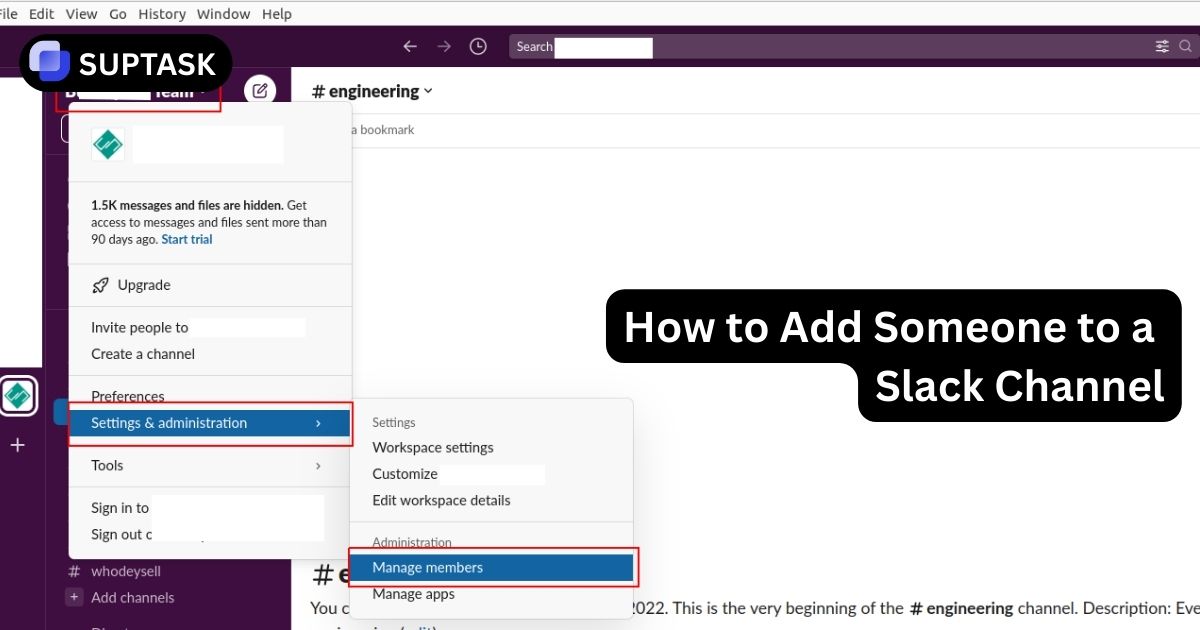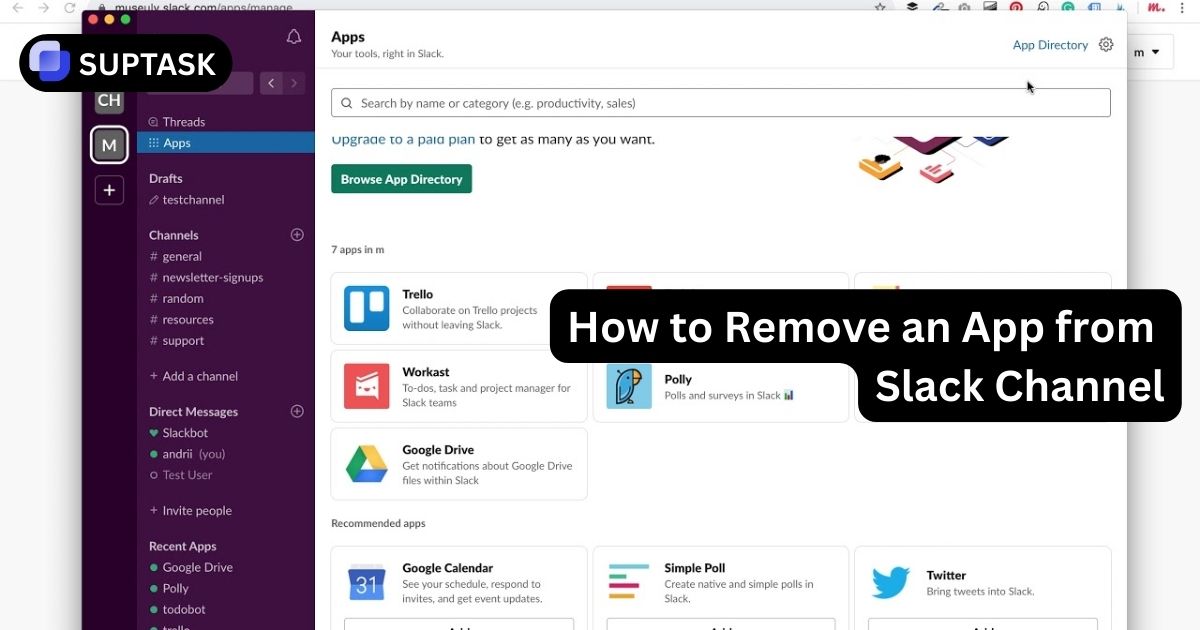Discover strategies to understand your team, set clear goals, and foster a positive work environment.
These essential tips teach you how to be a good manager and drive your team to success.
Key Takeaways
- Strong team relationships improve communication and performance by fostering an understanding of individual motivations and differences in a supportive environment.
- SMART goals align teams and boost accountability, while effective delegation empowers employees and encourages professional growth.
- Regular one-on-ones and constructive feedback build trust, encourage growth and create a productive work environment.
1. Understanding Your Team Members
.webp)
Grasping the nuances of team members' personal and professional identities is fundamental for managers to lead effectively.
Close-knit relationships foster an environment where open communication thrives, leading to a shared respect that cements a team's cohesion.
Establishing personal bonds with employees significantly increases morale and satisfaction in their roles.
How can you build these connections? Start by showing genuine interest in their lives outside work, remembering important details, and celebrating their achievements.
Managers who are accessible and maintain an atmosphere where dialogue is welcomed enable team members to freely express concerns and pitch ideas, nurturing a supportive atmosphere.
Effective managers need to appreciate each individual's unique methods of communication and personality traits.
Adapting management styles based on what drives every employee enhances performance and happiness at work.
Providing personalized feedback and assistance meets specific needs while fostering trustful exchanges among the team.
For instance, some team members may prefer direct communication, while others appreciate a more nuanced approach.
Recognizing the dynamics and benefits of a diverse team in the workspace cultivates harmony and increases productivity.
Such acknowledgment is instrumental in allowing teams to deliver exemplary results, substantially contributing to organizational triumphs.
2. Setting Clear Goals and Expectations
.webp)
Clear goals and expectations form the cornerstone of effective management. The SMART criteria—specific, Measurable, Achievable, Realistic, and Time-bound—ensure well-defined and attainable goals.
Specific goals offer clear direction and significantly enhance the likelihood of success, while measurable criteria help track progress and foster accountability.
For example, instead of setting a vague goal like "increase sales," a SMART goal would be "increase monthly sales by 15% within the next quarter."
To set practical goals:
- Align individual objectives with organizational goals;
- Involve team members in the goal-setting process;
- Break down larger goals into smaller, manageable tasks;
- Establish clear deadlines and milestones;
- Regularly review and adjust goals as needed.
Time-bound goals foster a sense of urgency and keep the team motivated. When team members understand expectations and see a clear path to success, they are likelier to remain engaged and committed to the team's goals.
Open communication about goals and expectations ensures everyone is aligned and working towards common objectives. This clarity helps in task delegation and improves the dynamics of dependencies in project management.
How can you ensure your team fully understands their goals? Consider implementing regular check-ins to discuss progress and address any challenges that may arise.
3. Effective Delegation
.webp)
The art of delegating tasks is not just about distributing duties. It plays a fundamental role in establishing trust and empowerment among team members.
By aligning tasks with each individual's abilities and interests, managers increase the chances for successful outcomes while boosting job satisfaction.
Great leaders distinguish themselves by providing clear guidelines while remaining accessible to answer questions. They also avoid overbearing supervision and micromanaging.
This approach enables team members to operate more independently, creating an atmosphere conducive to efficiency and positive morale—an essential ingredient for cultivating an outstanding team.
Delegation has proven effective in increasing productivity and decreasing work pressure on managers, allowing team members to win the battle for their development.
The opportunity for employees to take on tasks helps them build their core skills and acquire experience.
How can you improve your delegation skills? Start by assessing your team member's strengths and areas for growth. Then, match tasks to their abilities and provide the necessary support and resources for success.
Effective delegation is a win-win situation: it frees up your time for strategic thinking while providing growth opportunities for your team members.
A helpful tool for delegation is Suptask, a ticketing system within Slack. By visualizing open tasks, managers can better understand who to assign them to, monitor their progress, and foster accountability.
Customer support ticketing facilitates streamlining requests, guaranteeing prompt responses, and establishing clear responsibilities.
Managers can effectively delegate, track completion, and create an open workflow that empowers team members and saves them time while upholding a high standard of service using Suptask.
4. Regular One-on-One Meetings
.webp)
Consistent one-on-one meetings promote a culture of open communication, helping team members feel appreciated and supported.
Surveys indicate that about 70% of employees wish they had more frequent interactions with their managers, contributing to increased motivation and engagement.
Personal discussions provide a forum for reviewing project progress, addressing urgent responsibilities, and tackling any questions or issues that might arise.
How can you make these meetings more effective? Consider creating a structured agenda while also allowing time for open-ended discussion.
One-on-one feedback sessions are crucial in cultivating an open and honest atmosphere.
Through regular touchpoints, managers can foster trust with even the most reserved staff members who may otherwise hesitate to voice their thoughts in group settings.
These intimate meetings are valuable for discussing employee professional development while regularly delivering constructive feedback.
Such initiatives imbue work with more profound significance and endorse ongoing improvement among individuals aligned with overall team objectives.
Remember, the key to successful one-on-ones is consistency and genuine engagement. Make these meetings a priority; your team will feel more valued and connected.
5. Creating an Inclusive Work Environment
.webp)
Creating an inclusive work environment is essential for nurturing a sense of diversity and acceptance.
Such inclusivity ensures that the differences among team members are not just present but also embraced and leveraged.
This increases employee contentment as individuals feel respected and integrated within the company.
When employees believe in equitable treatment, their enjoyment and dedication to their roles typically increase.
To foster an inclusive atmosphere, try corporate team-building ideas acknowledging and celebrating diversity in backgrounds and thinking styles.
To cultivate this environment:
- Lead by example, actively acknowledging each member's unique input;
- Implement acknowledgment initiatives for various groups within the workforce;
- Celebrate achievements collectively;
- Organize social activities aimed at uniting teams;
- Provide equal opportunities for career development and growth.
Pursuing such inclusive strategies enriches employees' experiences, and companies achieve better outcomes due to enhanced teamwork dynamics across workplaces.
6. Practicing Emotional Intelligence
.webp)
Emotional intelligence plays an indispensable role in the development of influential leaders. Communication and interpersonal bonds promote a positive team culture and better conflict management.
Leaders with good emotional intelligence create a feeling of inclusivity within their teams, ensuring every member feels acknowledged and comprehended.
Their ability to maintain team cohesion is precious during challenging periods as they steer their teams through difficulties with resilience.
How can you enhance your emotional intelligence? Start by practicing self-awareness and empathy in your daily interactions.
Active listening is a fundamental aspect of emotional intelligence, prioritizing comprehension over responding when interacting with others.
Understanding where someone is coming from before responding allows for a nurturing and compassionate setting where employees feel comfortable discussing mental health, knowing their leaders are sincerely invested in their well-being.
Embracing elements of emotional intelligence enables managers to cultivate healthier, more efficient workplaces that help employees succeed.
Remember, emotional intelligence is a skill that can be developed over time with practice and self-reflection.
7. Adaptability in Management
.webp)
Being an adaptable manager is essential for successful leadership, as it enables one to adjust tactics and strategies when faced with change to support their team effectively.
This capability allows managers to tackle new challenges and capitalize on potential opportunities swiftly.
To cultivate flexibility, a manager must be receptive to transformation, engage in mindful practices, and maintain an open-minded stance.
Instilling a culture of ongoing improvement within the organization can enhance team adaptability.
Managers open to new ideas and willing to modify established procedures as needed are better equipped to deal with uncertainty and make wise judgments.
To become more adaptable, start by embracing change as an opportunity for growth rather than a threat.
8. Promoting Mental Health and Well-Being
.webp)
Ensuring the mental health and well-being of staff is a major responsibility of managers, who can create a culture where discussing such issues openly is met with understanding rather than criticism.
According to recent data, about 70% of respondents say their boss has a more significant influence on their mental health than either their doctor or therapist, and it's equal to the impact of their partner. You are correct to find this data meaningful if you are a leader.
Managers can set an example by practicing self-care and establishing habits that promote health in the workplace.
This could involve endorsing a healthy separation between personal life and job duties and advocating regular rest intervals against stress-related issues.
Employing initiatives like Employee Assistance Programs (EAPs) and organizing seminars focused on managing stress are effective strategies for providing support related to mental wellness.
If you want to promote mental health in your team, start by creating an open dialogue about mental health and providing resources for support.
Being vigilant about early signs of psychological strain helps leaders intervene quickly, fostering an environment focused on well-being and how to be more productive collectively.
9. Decision-Making Skills

Effective management hinges on the ability to make well-founded decisions. By adopting structured frameworks and relying on data-driven models, managers can enhance their decision-making skills, ensuring they employ good judgment, maintain a transparent decision process, and successfully lead their team.
To improve decision-making skills:
- Gather and analyze relevant information;
- Consider multiple perspectives and alternatives;
- Evaluate potential risks and benefits;
- Involve team members in the decision-making process when appropriate;
- Learn from past decisions and their outcomes.
Keep in mind that good decision-making is about making the right choice, as well as communicating and implementing that decision. To foster trust and buy-in, ensure your team understands the reasoning behind your decisions.
FAQs
How can understanding my team members improve my management skills?
Understanding your team members enhances your management skills by fostering trust and improving communication, ultimately leading to a more cohesive and productive team.
Investing in these relationships creates an environment where everyone can thrive.
What are the benefits of setting clear goals and expectations for my team?
Establishing distinct objectives and anticipations bolsters your team’s focus, responsibility, and drive.
Applying the SMART framework to these objectives hones them by ensuring they are specific, quantifiable, attainable, grounded in reality, and constrained by time.
How can I effectively delegate tasks to my team members?
To effectively delegate tasks, understand your team member’s strengths, and provide clear instructions while being available for questions.
Trust your team and encourage them to take on new responsibilities to promote their growth and manage your workload efficiently.
Why are regular one-on-one meetings important for team management?
Consistent one-on-one meetings play a vital role in boosting morale, providing an avenue for feedback exchange, and building trust and communication among team members.
These interactions are instrumental in bolstering professional growth and fortifying the cohesion within the team.
How can I create an inclusive work environment?
To create an inclusive work environment, prioritize valuing diverse groups and fostering a sense of belonging among all employees.
This approach enhances performance, increases employee satisfaction, and reduces turnover.













